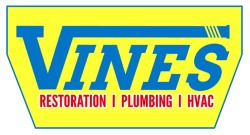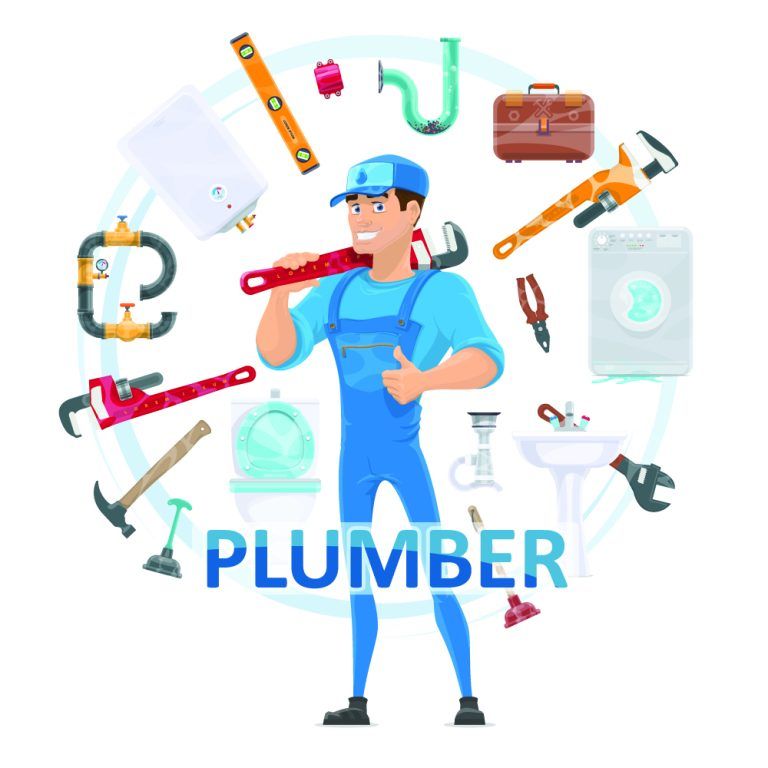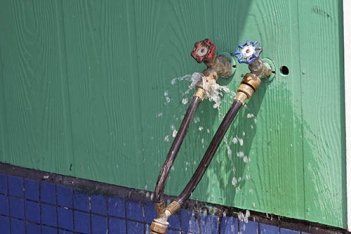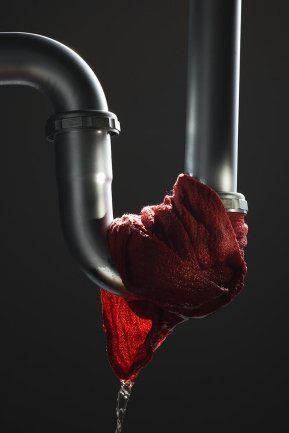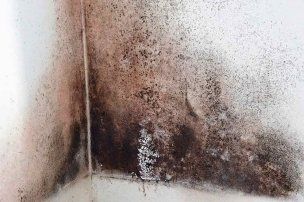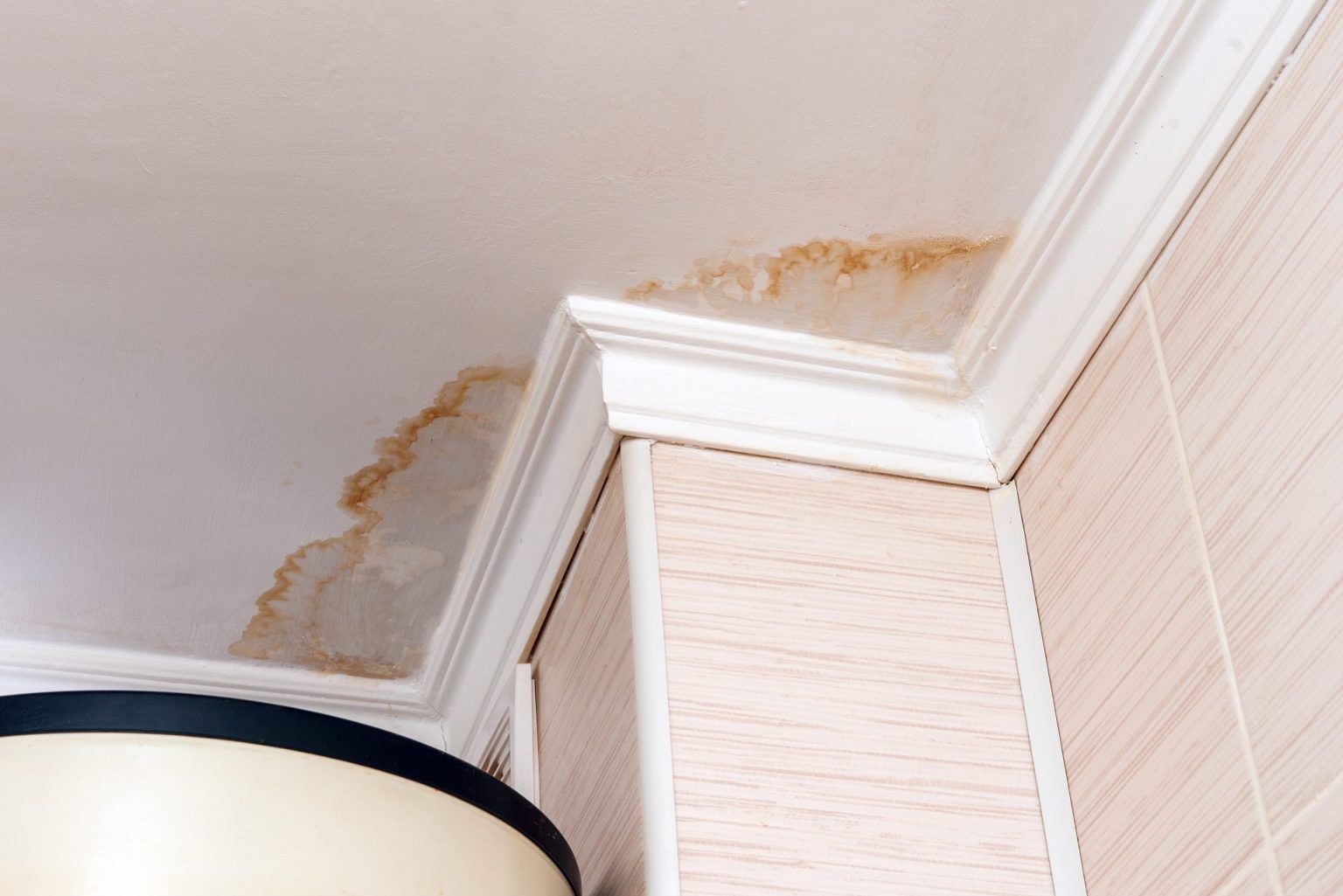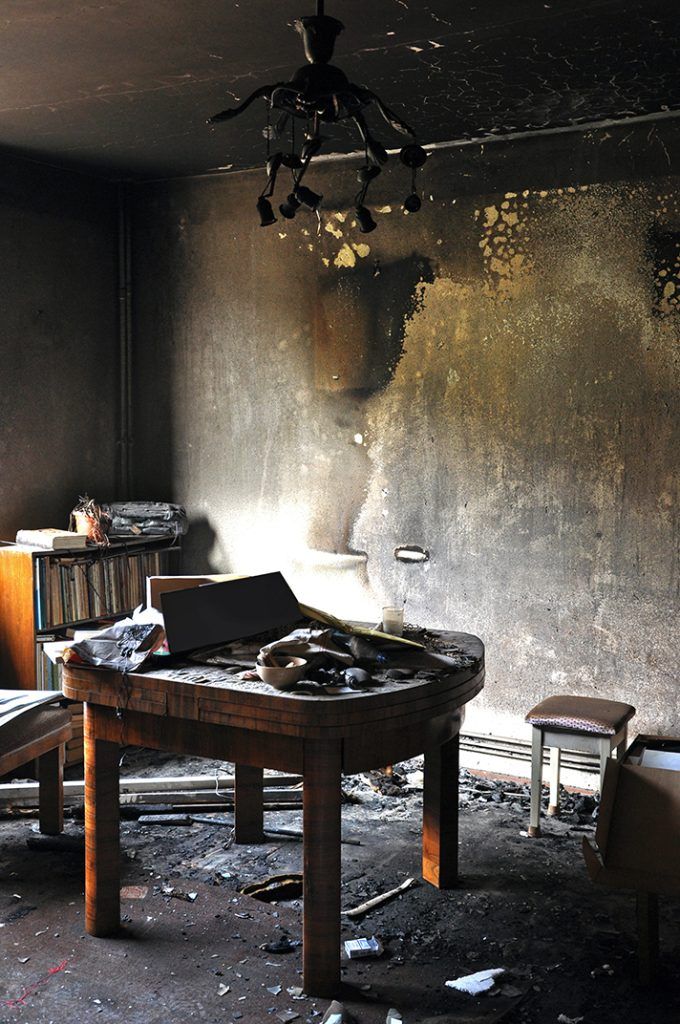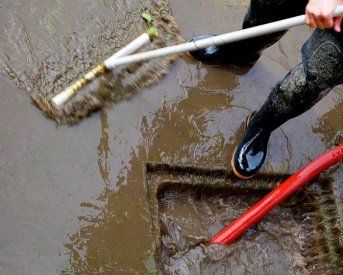The Unsung Heroes of Our Homes: Plumbers
Behind the walls and beneath the floors of our homes lies a complex network of pipes and fixtures, silently ensuring the smooth functioning of our plumbing systems. While we may take our plumbing for granted, it’s crucial to recognize the unsung heroes who keep everything running smoothly: plumbers. In this blog post, we will explore the invaluable role that plumbers play in our lives and highlight the importance of their expertise and skill.
-
Plumbing Emergencies: Superheroes in Action
Plumbing emergencies can strike at any time, causing panic and inconvenience. From burst pipes to clogged drains and overflowing toilets, these crises demand immediate attention. Plumbers are the superheroes who come to our rescue, equipped with their specialized knowledge and tools. They possess the ability to diagnose problems quickly and efficiently, using their expertise to repair and restore our plumbing systems. Without their timely intervention, we would be left dealing with the aftermath of water damage and potential health hazards.
-
The Art of Installation and Renovation
Plumbers are not only problem solvers but also skilled craftsmen when it comes to installation and renovation projects. Whether you’re constructing a new home or remodeling an existing one, plumbers are the professionals who ensure that your plumbing system is installed correctly. They work closely with architects, contractors, and homeowners to design efficient and effective plumbing layouts, taking into account factors like water supply, drainage systems, and safety regulations. Their expertise ensures that water flows smoothly and that all fixtures and appliances are properly connected.
-
Expert Troubleshooting and Maintenance
Beyond emergency repairs and installations, plumbers also excel in troubleshooting and preventive maintenance. They possess an in-depth understanding of the intricacies of plumbing systems, allowing them to identify underlying issues before they escalate. Through regular maintenance checks, plumbers can detect potential problems such as leaks, corrosion, and deteriorating pipes. By addressing these concerns proactively, they save homeowners from costly repairs and extend the lifespan of their plumbing infrastructure.
-
Environmental Stewardship: Promoting Water Efficiency
In an era of increasing environmental consciousness, plumbers play a vital role in promoting water efficiency. They are knowledgeable about the latest eco-friendly technologies and fixtures, such as low-flow toilets, water-saving faucets, and efficient irrigation systems. By recommending and installing these sustainable solutions, plumbers help homeowners reduce their water consumption, conserve resources, and contribute to a greener future.
-
Continuous Learning and Adaptability
Plumbing is a dynamic field that requires constant learning and adaptation. Plumbers stay up-to-date with advancements in materials, technologies, and codes to ensure their work meets the highest standards. From attending industry conferences and workshops to participating in training programs, they strive to enhance their skills and expand their knowledge base. This commitment to ongoing education ensures that plumbers are equipped with the most effective techniques and solutions, benefiting homeowners in the long run.
From emergencies to installations, maintenance, and environmental stewardship, they possess a diverse skill set that is essential to our daily lives. The next time you turn on a faucet or flush a toilet, take a moment to appreciate the expertise and dedication of the plumbers who ensure the reliability and efficiency of our plumbing systems. Their invaluable contributions deserve our recognition and gratitude.
